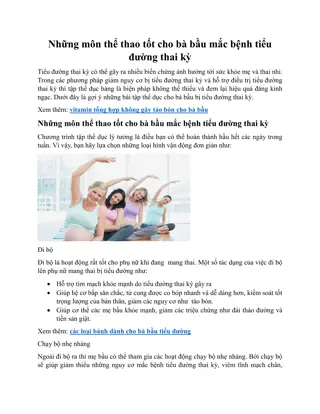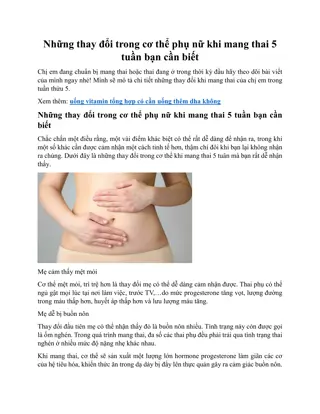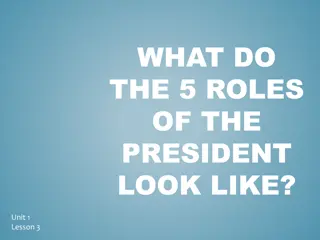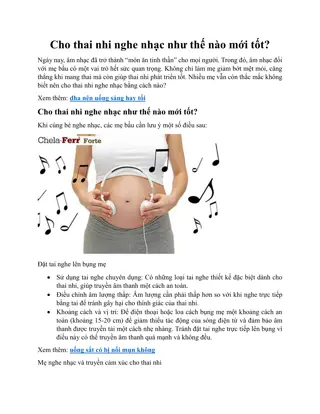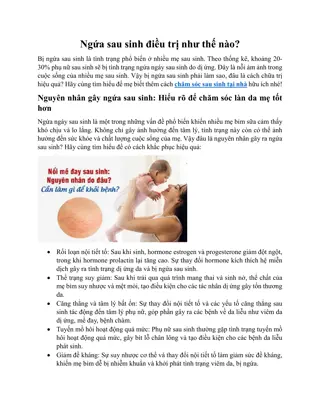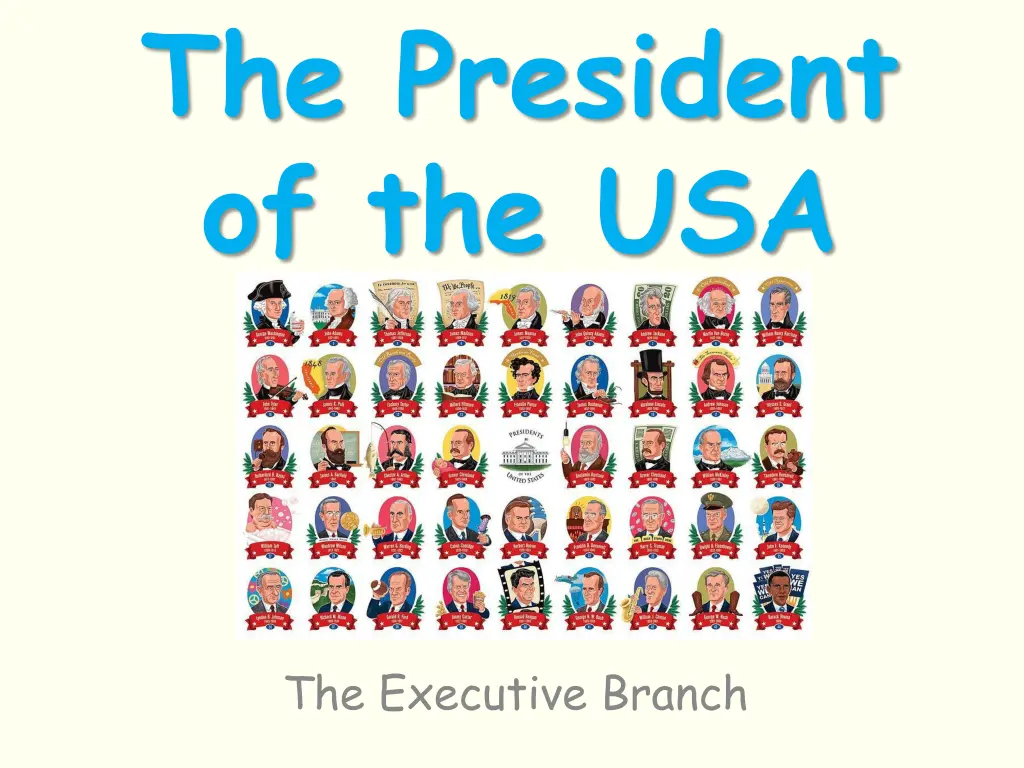
Powers of the President: Executive Authority in the USA
Explore the extensive powers of the U.S. President, from their role as Commander-in-Chief to the authority to issue Executive Orders. Learn about the balance of power with Congress, the implications of the Patriot Act, and the nuances of the President's legislative influence. Discover the significance of appointments, vetoes, and the unique tool of the pocket veto in shaping the governance of the United States.
Download Presentation

Please find below an Image/Link to download the presentation.
The content on the website is provided AS IS for your information and personal use only. It may not be sold, licensed, or shared on other websites without obtaining consent from the author. If you encounter any issues during the download, it is possible that the publisher has removed the file from their server.
You are allowed to download the files provided on this website for personal or commercial use, subject to the condition that they are used lawfully. All files are the property of their respective owners.
The content on the website is provided AS IS for your information and personal use only. It may not be sold, licensed, or shared on other websites without obtaining consent from the author.
E N D
Presentation Transcript
The President of the USA Image result for us presidents The Executive Branch
patriot-act-surveillance The Powers of the President As the only person elected by all Americans, Presidents have enormous power. In particular, popular Presidents with a like-minded Congress, have used their support to increase their power. After the 9/11 attacks, Bush extended the power of the Presidency by creating the Department of Homeland Security. In order to fight terrorism, Bush argued, it was necessary for the President to have greater powers of surveillance, arrest and detention. But with the passing of the Patriot Act (2001),some commentators argued that Presidential power had gone too far as this Act gave the Attorney General the power to arrest anyone the authorities suspected of terrorism even if the courts disagreed. Note: In 2005, Congress refused to renew some parts of the Patriot Act although much of it remains in place today.
The Powers of the President hilary-clinton Article 11 of the US Constitution defines the powers of the US President. It states those powers the President can use without Congressional approval and those where he must seek Congressional approval. 1. Commander-in-Chief of the armed forces. Presidents have the responsibility for defending the USA (response to ISIS) including ordering troops overseas. However, only Congress can declare war e.g. in Iraq or Afghanistan. Treaties must also be approved by the Senate. 2. Power of appointment. The President appoints thousands of people to help run the country. These include members of the US Cabinet (e.g. Sec. of State John Kerry, etc.). However, nominations for overseas ambassadors and Supreme Court judges (Sonia Sotomayor ) must have the approval of the Senate.
The Powers of the President 67604-Obama 3. Legislative Power Every January the President speaks to Congress in the State of the Union Address. As well as reviewing the previous year, the President outlines spending plans and any proposals for legislation. Note: Presidents cannot introduce legislation, only members of Congress have this right. Congress also controls the budget. 4. Power of veto. Before legislation becomes law, Bills must be signed by the President. If, however, the President disagrees with a new law he can refuse to sign e.g. Bush vetoed Stem Cell Research Bill 2006, Child Health Bill 2007 and ban on water torture 2008. Note: Congress has power to override the Presidential veto if a Bill is passed by two-thirds of the representatives of both Houses.
The Powers of the President Powers of the President continued Pocket veto. A pocket veto or indirect veto is where a Bill remains unsigned by the President and there is insufficient time (i.e. less than 10 days before Congress adjourns) for Congress to reject the Presidential veto. Example: Obama returned a Bill unsigned to increase defence spending in 2009. 5. Executive Orders (EOs). The President can bypass Congress on certain occasions by issuing Executive Orders. EOs, in effect, allow the President to makes laws without Congressional approval. Under Bush, 262 Eos were issued. Obama has already issued a number of EOs including a review of the Guantanamo detainees and the ending unlawful interrogation techniques. Note: Congress can impeach or remove a President if they suspect any wrongdoing although use of this power this is very rare. veto 6a00df351f01ba883401156f5cc12c970c-320wi
The Powers of the President Task Find real-life examples of the following for Clinton, W. Bush, Obama and Trump: - Presidential Commander in Chief orders (Bush war on terror? Obama orders Osama dead?) - Presidential Appointments - Presidential Vetoes/Pocket Vetoes - Presidential Executive Orders veto 6a00df351f01ba883401156f5cc12c970c-320wi Try to include detail as you will use these examples in essays!
Impeachment Process This is the process by which the Congress may remove the President or a Federal Judge for MISCONDUCT. It is a long process that has been used sparingly (only ever 7 judges impeached successfully)
Impeachment Process The House of Representatives pass a vote to begin impeachment hearings against a President or Judge for high crimes and misdemeanours Senate must then try the President & vote on it. The charge of high crimes and misdemeanours covers allegations of misconduct peculiar to officials, such as perjury of oath, abuse of authority, bribery, intimidation, misuse of assets, failure to supervise, dereliction of duty, unbecoming conduct, and refusal to obey a lawful order.
Only 3 Presidents have ever been in danger of being impeached. nixon aj2 clinton Andrew Johnson 1868 - to do with leftover issues from the Civil War. Survived by 1 vote Richard Nixon 1974 Watergate scandal, process set in motion but resigned before the final vote. The HoR voted to impeach Clinton in 1998 Senate trial found him not guilty by 55-45 votes
Richard M. Nixon was the only President not to survive the Impeachment process after being charged with high crimes and misdemeanours . nixon He had been involved in a cover-up of a break-in at the headquarters of the Democratic National Committee at Watergate. This unearthed a widespread dirty tricks campaign by Republicans against democrat opponents, much of which included illegal activities. The Congress never had to complete the impeachment process as Nixon, realising that he would not survive, preferred to resign rather than prolong the humiliating process. Click here to be taken to a BBC website on Nixon Nixon's resignation The Watergate Scandal
Like Andrew Johnson, Bill Clinton was subjected to charges that were more politically motivated than anything to do with high crimes and misdemeanours . Ironically, much of the finance for the case against him came from ex-members of the disgraced Nixon administration. There was a trial on whether or not to impeach but Clinton was spared by a 55-45 vote. It is a measure of the charge against him, that he won through in the midst of a Republican dominated Congress. clinton Clinton's impeachment process Click here to be taken to a BBC website on Clinton
COMPARISON Parliament can bring down the Executive much more easily in Britain than in the USA: vote of no-confidence change in party leader Last happened to PM James Callaghan in 1979 Separation of Powers prevents this occurring in US government.
US President -The most powerful person in the world? After 2006 midterm election George Bush was referred to as a lame duck! President Johnson - the only power I ve got is nuclear, and I m not allowed to use that Barack Obama: a lame duck for last two years of his Presidency. The men who invented the presidency did not wish to create a ruler. Instead they hoped to create the conditions where leadership might from time to time flourish. A ruler commands; a leader influences. A ruler wields power; a leader persuades others to follow their ideas
A joint ticket clintongore1992 bushquayle1988 bushcheneywallpaper500 Obama%2520Biden%2520button kerryedwards2004
Vice President John Nance Gardner Garner once described the vice presidency as being: "not worth a bucket of warm piss However, modern day Vice Presidents do have a much greater role than in the past
Key roles of the Vice President Presiding officer of the senate Has the power to break a tie vote (50-50) in the senate Becomes President on the death, resignation or removal of the President Becomes acting President if the President is declared, or declares, himself disabled
The Presidents Cabinet The Executive Power shall be vested in a President of the United States of America.
President v PM US President Is elected by the people in a national election (E.g. Obama in 2008 and 2012) UK PM Is elected by the party as its leader - no national election (leader of biggest party after a General Election usually becomes PM, e.g. David Cameron is leader of Conservatives, Conservatives won most seats in 2015 election, therefore David Cameron is PM) Usually able to choose election date (although must now be every 4 years) Is not subject to term limits (e.g. Tony Blair, 1997-2010) Is leader of the majority party in parliament Roles of chief executive and head of state are performed by different persons Collective executive Cannot choose election date (always in November every 4 years) Is subject to 2 term limit (two 4 year terms, e.g. Obama, Bush) Is not a member of the legislature (elected separately) Role of chief executive and head of state combined in one person Singular executive
Cabinet - UK v USA USA Drawn from range of areas - cannot be serving members of legislature (Congress) May contain people from the opposition (unusual though) Members have no political base Members are not rivals of the President UK Drawn exclusively from legislature (Parliament) All belong to one political group (party or coalition) PM is first among equals Members are potential rivals of PM (e.g. Iain Duncan Smith resigned from UK Government Cabinet) Usual route to becoming PM Not a common route to the presidency Tend to be policy specialists Tend to be policy generalists
Relations with legislature President relations with Congress President is not a member of congress President s party may be in minority in one or both chambers President has few sticks or carrots Congress has significant checks on president (see checks and balances) President cannot dissolve the legislature Low levels of party discipline (representatives may be more loyal to their constituents than they are to their party) President can be removed by Congress via impeachment if a crime has been committed PM relations with parliament PM is a member of parliament (MP) PM is the leader of the majority in parliament PM has extensive stick or carrots Parliament has few checks on PM PM can dissolve the legislature High levels of party discipline (representatives usually vote in line with party policy, all though not always) Parliament can remove the government by a no confidence vote







